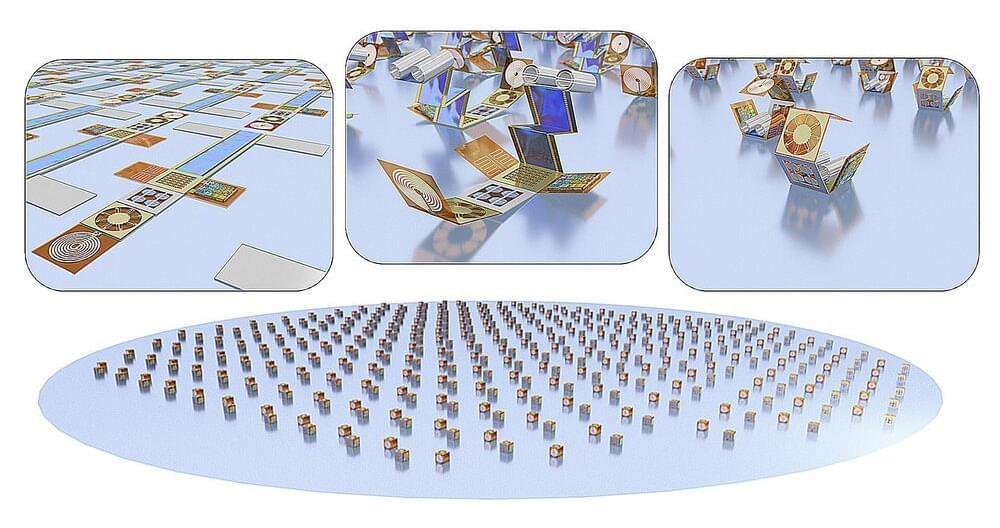It is now apparent that the mass-produced artifacts of technology in our increasingly densely populated world—whether electronic devices, cars, batteries, phones, household appliances, or industrial robots—are increasingly at odds with the sustainable bounded ecosystems achieved by living organisms based on cells over millions of years.
Cells provide organisms with soft and sustainable environmental interactions with complete recycling of material components, except in a few notable cases like the creation of oxygen in the atmosphere, and of the fossil fuel reserves of oil and coal (as a result of missing biocatalysts).
However, the fantastic information content of biological cells (gigabits of information in DNA alone) and the complexities of protein biochemistry for metabolism seem to place a cellular approach well beyond the current capabilities of technology, and prevent the development of intrinsically sustainable technology.
